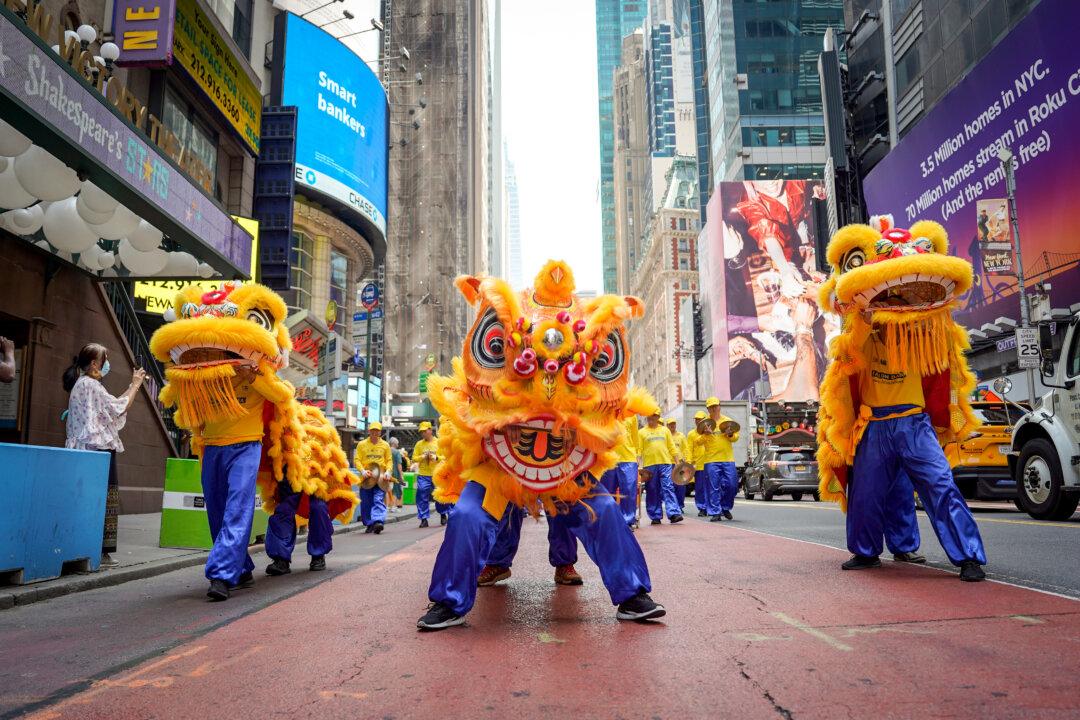Nearly half of Australians believe the Chinese Communist Party (CCP) will launch a military attack on Australia, according to new research by the Australian Institute’s International & Security Affairs.
The data, which was released on Aug. 22 as part of the “Polling – Australian and Taiwanese attitudes to China” research paper (pdf), came from a survey of 1002 adults living in Australia and 1,002 adults living in Taiwan between Aug. 13-16, 2022. The research focused on their attitudes towards China in Australia and Taiwan, respectively.



